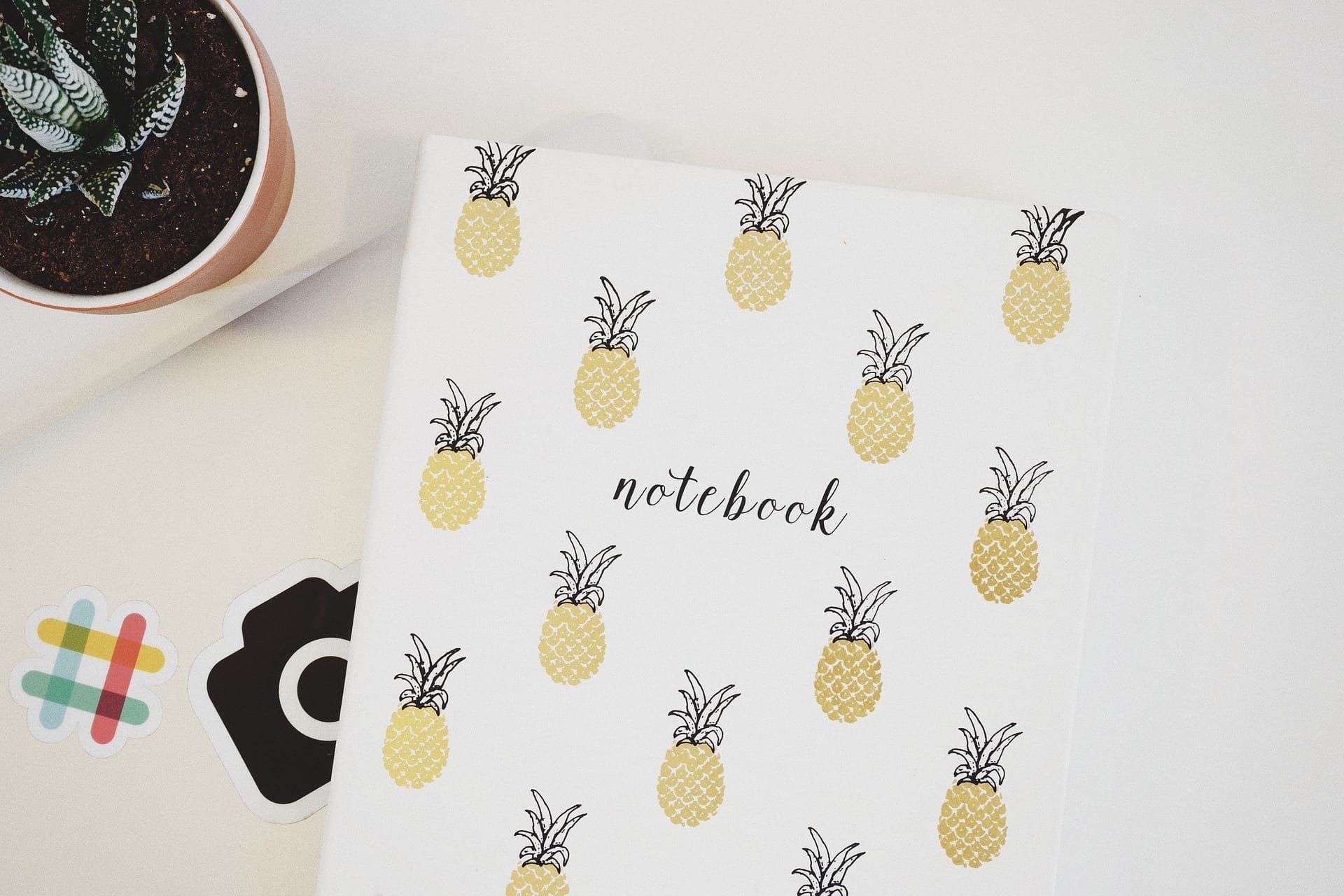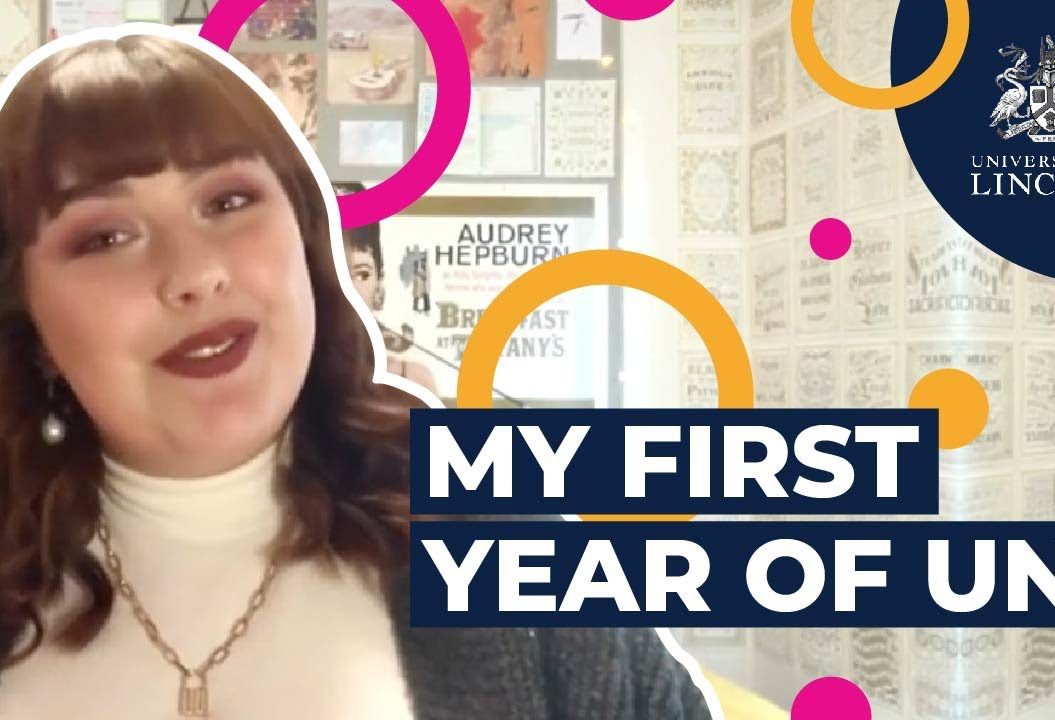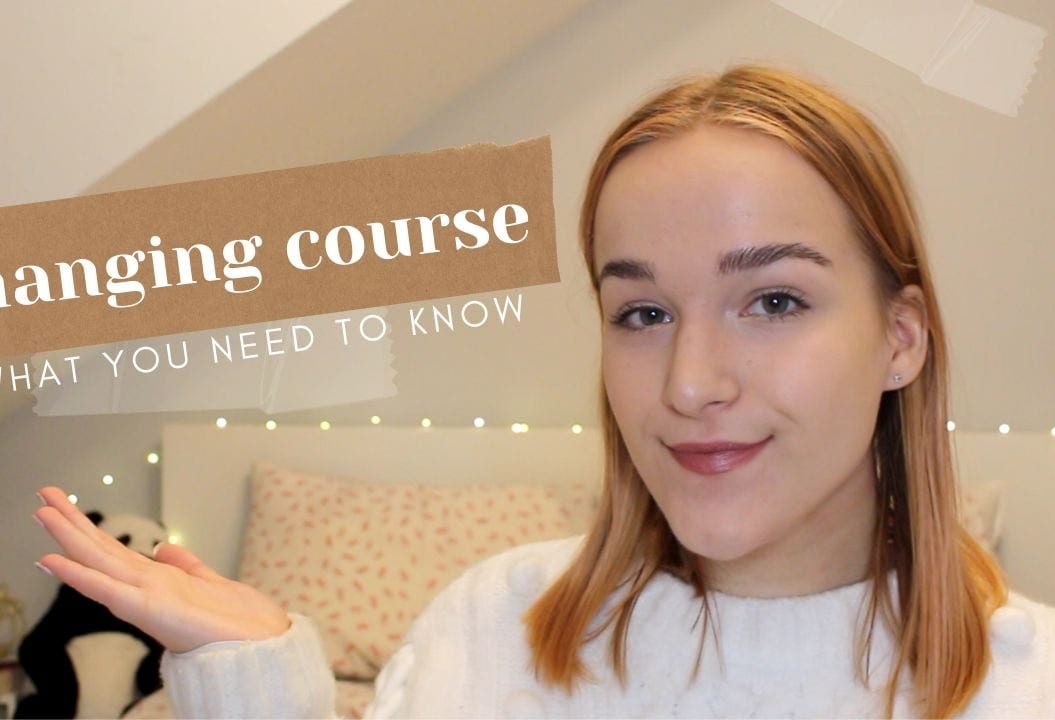I'm Shannon Butcher, a third-year student at the University of Lincoln. I study journalism and have pursued this field because I enjoy writing, informing or educating others and having the ability to discover interesting stories. Outside of university, I live…

You might be thinking that university will just be the same old routine as school, you sit down, copy off the board for a few hours, then go on your merry way, but I learned the hard way that it is very easy to make a mess of your notes if you’re not organised enough.
Before your lectures even begin, think about the best and easiest way for you to personally take notes, everyone is different, some prefer to handwrite, some prefer to record and some may type on a device like a laptop or a tablet. For me, I found that I can retain more knowledge through writing my notes down.
If you do write notes, remember to stock up on pens, notebooks, folders and highlighters in order to help organise them, Amazon.com sells lots of stationary for cheap and in bulk. For those who record or use a device, always check your charge or carry a portable charger with you to ensure your battery doesn’t die in the middle of an important lecture.
Usually, I write the most vital information provided during a lecture because there’s never enough time to write word for word whatever a presentation says, often the slide changes halfway through writing a sentence anyway, a common mistake I made in first year resulting in a lot of exasperated sighs.
If you still want to gather everything from a lecture, presentations are nearly always put up onto Blackboard the same day so you can take notes at your own pace, although a word of warning, do not think that having all the presentations put online means you can skip sessions because you could miss out on other valuable points during a lecture and getting the content first-hand is always easier to understand than reading from a computer screen.
For device users its pretty straightforward as you can use word documents, notes, memos or voice memos for recording and then when you can, either shorten or transcribe your notes so they are simpler to understand and more to the point. For the Writers, this is where highlighters and Post-its become your best friend.
Get colourful and bright to make to most important parts standout, or even condense your notes further with flashcards. This all contributes to easy revision when the time comes and prevents you having to search through piles of paper.
Although note-taking is an obvious task to any student, these tips will help maximise what you take from every lecture and it may increase your potential during assessments and exams because you will have all the knowledge you need on hand.
This article is featured on Learning at Lincoln.
- Topics
- Learning at Lincoln
- Lectures
- Revision




